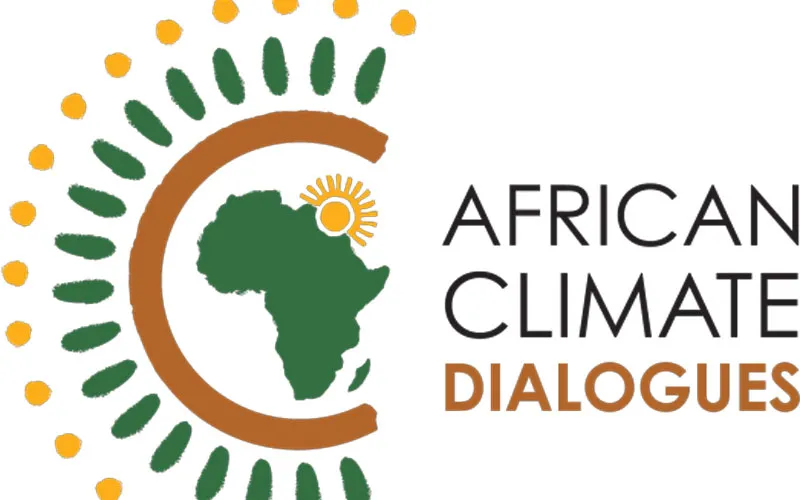The proposal, the faith actors say, was rejected by developed countries who they say “sought to evade the full extent of their complicity in creating the climate crisis.”
“After a number of years of negotiations under the convention, Loss and Damage finally made a breakthrough at COP21 and was explicitly included in Article 8 of the Paris Agreement,” the Jesuit scholars say in their article.
They note that one of the outstanding problems of the Paris Agreement article on Loss and Damage was that there was no accompanying finance for it.
“Developed countries have continually run from the question of finance in fear that it could act as admission of liability for the climate crisis, and on this basis have continually sought to block any discussion of this question at successive global climate meetings,” they say.
They express frustration that as things stand, the United Nations Framework Convention on Climate Change (UNFCCC), focuses only on reducing future impacts on climate change, “leaving people who are already suffering out to dry.”
(Story continues below)
“This approach to dealing with climate change as only a future crisis derives from a position of privilege and reflects the domination of the convention by rich countries who are more concerned with maintaining their economies than protecting those already suffering from the climate emergency,” the scholars say.
They add, “The issue of Loss and Damage is therefore inherently related to climate justice, a priority for impacted people, and a fundamental concern for Catholics.”
According to the faith scholars, the way that the global climate financial architecture is built currently only provides for action on aversion, mitigation and adaptation, but leaves out ex-post action to deal with the impacts already experienced, and in this case, by developing countries mostly in Africa.
“The UNFCCC will mandate support from your government to build new solar power plants or retrofit your home. It might also help build flood defenses or offer you advice on the development of early warning systems. However, if you are already left homeless due to a cyclone or left destitute because your livelihood is gone, the UNFCCC will not help you,” they lament.
The Jesuit scholars say that the only financial solutions currently proposed, “which have backing from rich countries” are the provision of private insurance to help developing countries when they are hit by extreme weather.
In many parts of the world Loss and Damage is already a matter of life and death, the Catholic Church scholars say.
They provided examples of African countries where they say people are suffering immensely already owing to climate change.
“Families with homes along the coastline of Southern Africa in a city like Beira, Mozambique, built below sea level, subsists on fishing. They have built their makeshift homes near the sea so they can access the sea quite easily. When cyclones such as Idai hit the coast, they lose not only their livelihoods but in some cases lose lives as well,” the Jesuit scholars say.
“As a faith community, we see phenomena like cyclones through the eyes of the poor,” they say, and add, “We draw inspiration from our faith traditions that place the interest of the poor first before anything else.”
In their article, the scholars also address the principle of the “preferential option for the poor” and assert, “It is a moral imperative that those who contribute the most to our current crisis should bear more responsibility to act in a just way.”
The Jesuit scholars say that the only way for developed countries to make up for the amount of damage they have caused to poor countries, now forced to bear the brunt owing to climate change, is to make progress on the issue of Loss and Damage.
“Progress on Loss and Damage can help the countries and businesses complicit in the climate crisis to atone for their sins to build balance, peace and prosperity in the future,” they say.
The Jesuit scholars note that climate change is “a real and present danger causing suffering to millions,” and add, “For the sake of those people, and for the atonement of those responsible, a restorative Loss and Damage fund is required which can help the process of healing for both victims and perpetrators.”
Agnes Aineah is a Kenyan journalist with a background in digital and newspaper reporting. She holds a Master of Arts in Digital Journalism from the Aga Khan University, Graduate School of Media and Communications and a Bachelor's Degree in Linguistics, Media and Communications from Kenya's Moi University. Agnes currently serves as a journalist for ACI Africa.








